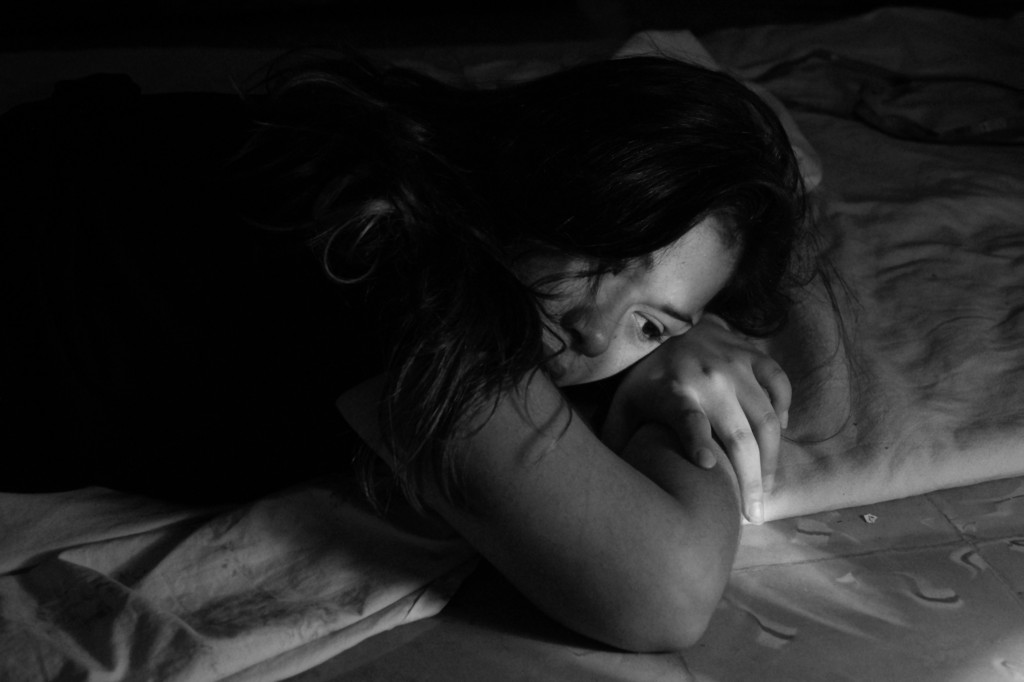“Before I quit my school, I used to study in class and do household chores and farming jobs. I had never heard about girls being trafficked to Delhi. I learned about this later. Now I know,” a trafficked girl explains.
In one situation, a neighbor in a village created a fake “marriage.” But rather than marrying the girl, the ’groom’ to be sold her to a Delhi brothel house. She asked the woman there, “Where are the people who brought me here?” The woman replied, “They left you here because they sold you to us.”
About 20 years ago a girl named Ruth was drugged and sold by traffickers to a brothel in Mumbai, India. At the time, Ruth was the mother of a one and a half year old boy. “Many friends in my village insisted that I go abroad as many other women were already there. I agreed and got a passport,” she shared. “The human trafficking broker made the visa to allow me to go any country. At 12 pm I was sent to go to work. A few men looked at me oddly. I knew they had bad intentions. I screamed and tried to run upstairs to my room but the madam hit me saying, ‘Why did you come up stairs?’ Not only me but also many other sisters also have been beaten. Their lives are miserable.”
Sarah went to Malaysia with hopes of working in a hotel or a school, but after arriving at the Malaysian airport she knew that the broker had lied to her. She was taken and forced to work as a domestic worker where she was physically and mentally abused.
Brokers are the people who sell people’s sisters, mothers, and brothers by enticing them with good jobs and money. Nowadays human trafficking has become a very critical issue. Victims of human trafficking lose their freedom, become slaves and are then exploited and often die in bondage. Why do they go? They are trying to escape gender discrimination in the workplace. They have little if any money and are socially backwards and uneducated people. They are typically victims of violence in their homes or villages. They also are generally uninformed about what could happen to them.
In most cases we find that they are sold into slavery by people they know; even family members. They trust that these people are helping them to find a better life or more comfortable life. Many Nepalese are at risk of human trafficking and are illegally being taken abroad. In Nepal, sadly, many people see human trafficking as entertainment. People are hiding the human trafficking issues. Many of these girls start their jobs in a restaurant, and later on they are forced into hard labor or forced to sell their bodies. According to Nepal’s Women Children and Social Welfare Ministry, there are more than 30,000 to 40,000 girls and women who work as prostitutes in Nepal.
Why do we care about Human Trafficking?
Human trafficking is a national tragedy for Nepal. Often parents of girls who were sold to brothels will not allow them to come home after being trafficked because of their belief in Karma. Without a home and stigmatized, many of these girls end up back in the hands of human traffickers.
What do we do and why?
We are Children Rescue Mission (CRM). Our goal is to fight human trafficking by providing basic needs and education for children so they learn to avoid trafficking and stay in their homes, all while sharing the gospel of Jesus Christ. Most of the children we support are orphans in unthinkable situations. We believe that providing for children’s needs and raising awareness about human trafficking are ways we can support these children and eventually lead them to Jesus Christ. CRM spreads awareness through documentary video presentations and spreading leaflets in the remote villages where the illiteracy rate is as high at 90%.
If the families are extremely poor, Children Rescue Mission provides tools and resources to local men and women to help find work to maintain a sustainable business and income for their families. We have launched several projects, such as distributing goats and chickens to raise and reproduce and street carts for the families to sell vegetables from.
In Nepal, women are less valuable economically than men and less likely to find work. Parents may “sell” a daughter, under the impression that the buyer – or slave trader – can help her to find work. The slavers encourage families claiming that she might be able to send money back to the family. Lack of education and unawareness is a key reason why the poor girls are sold into human trafficking.
To learn more about what we do, join the movement and partner with us financially contact us at 530 941 8588 or email: info@ChildrenRescueMission.org
Our mailing address is PO Box 492947 Redding, CA 96049

